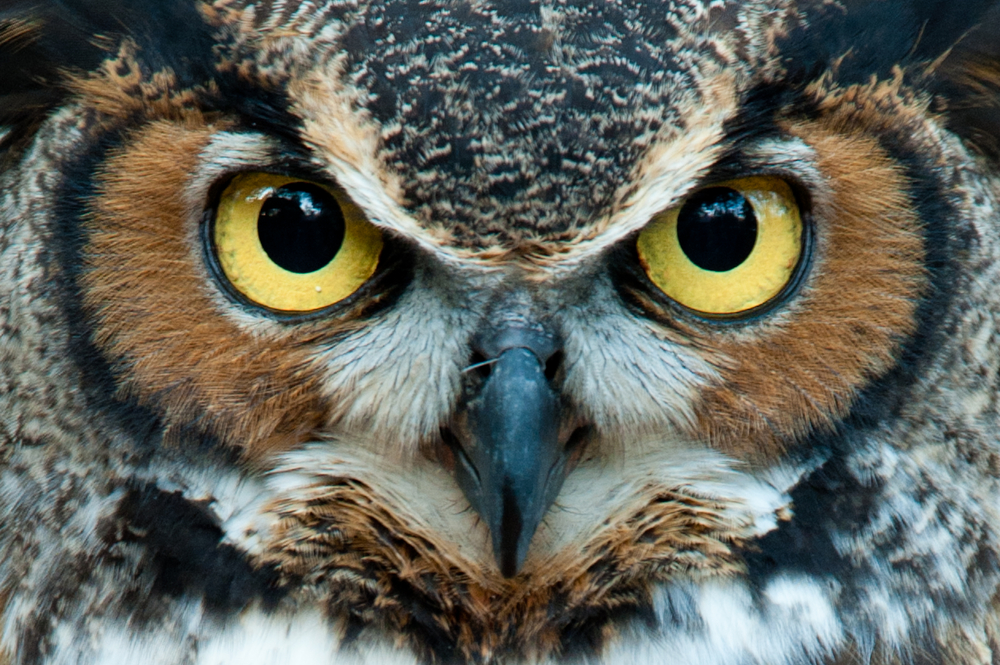The Wisdom of Silence — Letting Ourselves be Found
We long for silence. We fear silence.
We say that we need to go on retreat, leave the world behind, that we are burned out and must restore ourselves.
Then, unless we are very courageous, we tip toe around our deep hunger. We slice it into manageable doses – a spa day here, a short weekend trip there, a walk in the country.
I know very few on the spiritual journey who are able to enter silence the way every great mystic in history has done, and instructs that we, too, must do.
Our fear is that we won’t survive the encounter with our own demons, shadows, griefs. We aren’t sure there is anything beyond those tunnels of regret. We fear what a poet friend, Peter Wenner, recently and eloquently wrote of:
…..the torrent:
forty days and forty nights could not contain
dredged up wrongs, failings, faults, lapses
flood away the stains,
Forty years hard labor would not redeem
this wilderness wandering.
There is good reason to fear our failure to be redeemed of all that we have suffered and caused of suffering.
The heart of the desert is a vast emptiness. It is full of hazards, crevices, dangerous mirages. But it is also where we will find the heartbeat and the bedrock of our lives, our truest selves, if we are able to sit in it long enough.
Thomas Merton taught that to reach this place we would do well to meditate regularly.
In meditation, we do not “think.”
“We let truth take hold of us and experience it,” writes author and Episcopal priest, Martin Smith. “Meditative prayer is receptive. It is an active receptivity in which we allow the Spirit to lead us into truth so that the truth can set us free.”
The other evening, I participated in a dusk-hour owl walk in the vast arboretum near my home – acre upon acre of trees, shrubs, and abounding in animal life that only emerges at dark. The night was very cold, the ground hard, and as we walked into an ever-darkening stand of towering spruces, our guide warned us that we may not see anything at all.
I clutched my field glasses hopefully. I pulled my scarf over my jaw for warmth. The minutes crawled by. The female had already nested, which meant that both she and the male would be very silent, so as not to expose their whereabouts to predators.
I felt anticipatorily cheated. I ought to have come earlier.
We trudged, we stopped and scanned the impenetrable pines. The parents with young children had to keep chastening them to stay quiet. We moved on. Soon, the hour was nearly up, and we had “seen” remarkably little – just a distant nest site, pigeons perched on boughs for the night.
Then, suddenly, a hoot. A long, protracted, haunting call from high up in one of the trees. Hushed, secret, as hidden as the male could make his voice, sent out to reassure his mate that he was still there, still close.
The silence of the group was so immediately and absolute it was as if we had entered a tabernacle. We stood stock still, and listened. It was the only thing we could do, listen. A listening full of reverence and wonder, at the revelation of something we could not until that moment have really imagined. A voice from beyond our little limited minds and our busy agendas – a call in the night that somehow freed each one of us into the larger possibilities of existence.
The hooting grew quiet, and we trudged back to our cars with frozen fingertips, eager to get home. But the call in the cold night had entered our hearts. It offered a truth so purely itself we could not imitate or substitute it with anything else. This is what Smith and Merton and so many others try to describe when they write that, if we are able to enter the silence of the desert and with patient faith watch and listen, the truth that dwells there in hiddenness will find us.





Katherine Hughes
March 1, 2024at7:51 amYes! I have posted a couple of FB posts (dark video with no sightings of the owls!) with owls hooting as I so wanted to share that pure joy! I have also been on official owl hikes where no owls are heard which is difficult — part of the joy of wildlife may be the unexpectedness of it all — a beautiful hoot or sighting in the dark, in the wilderness. Your heart fills with love.